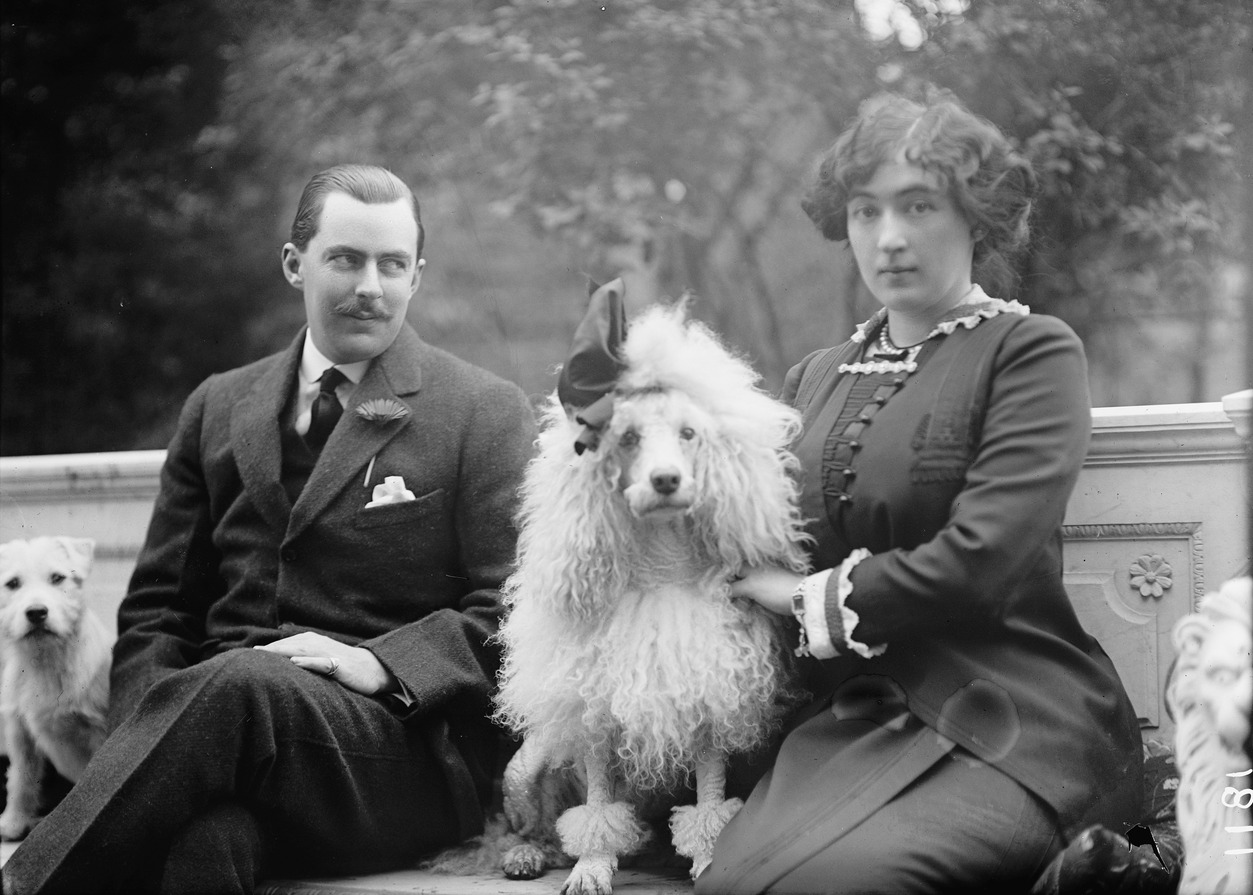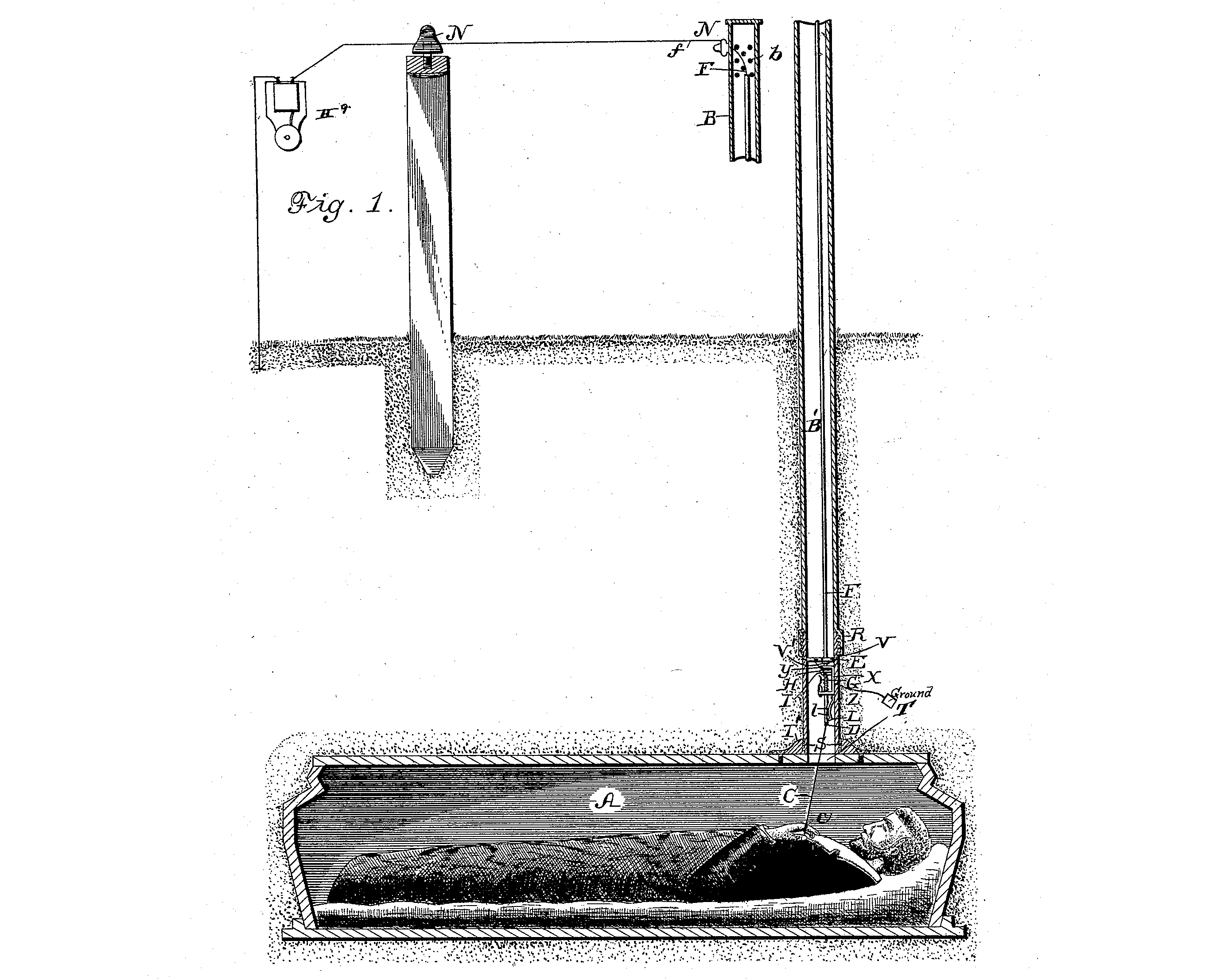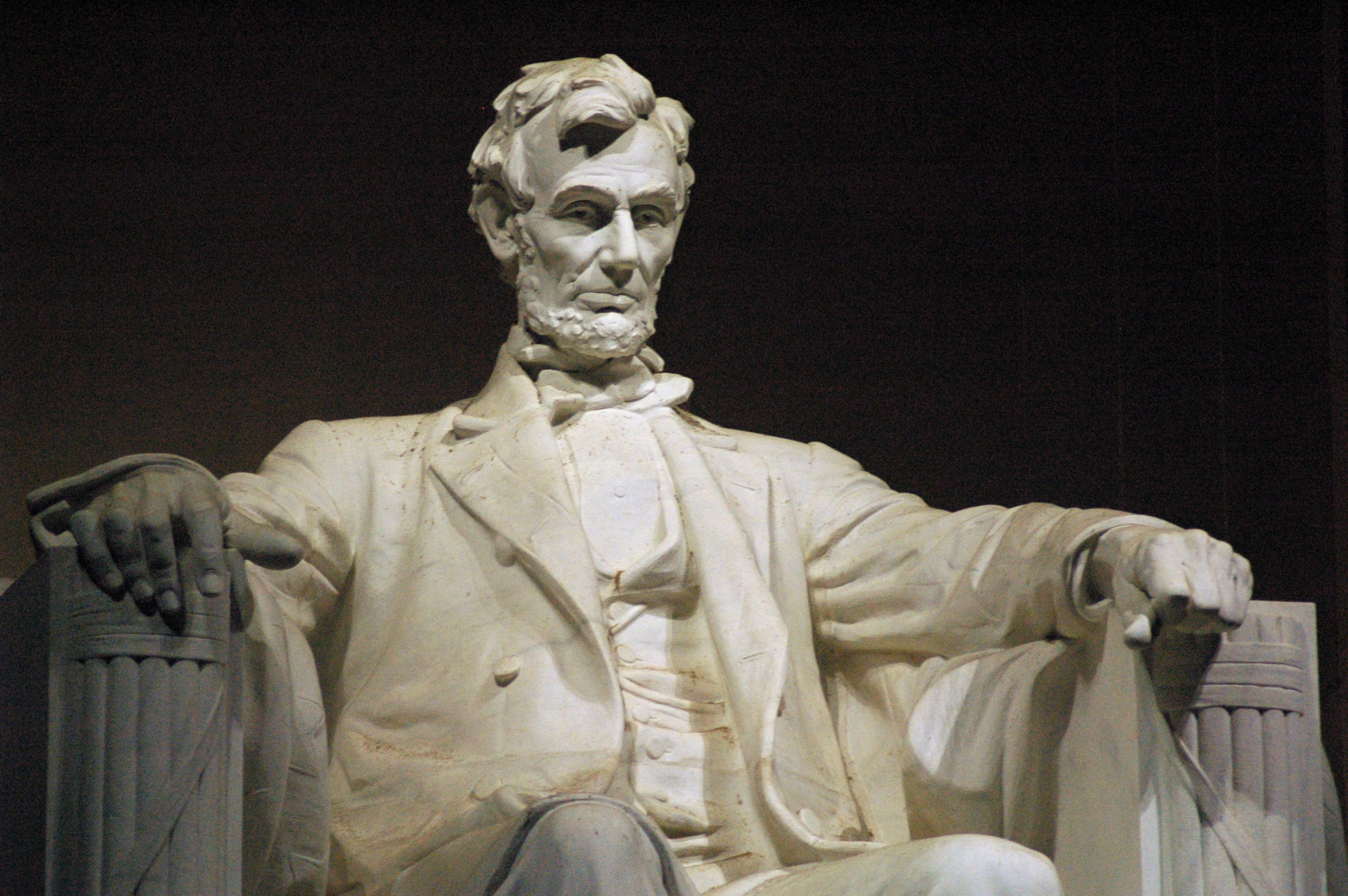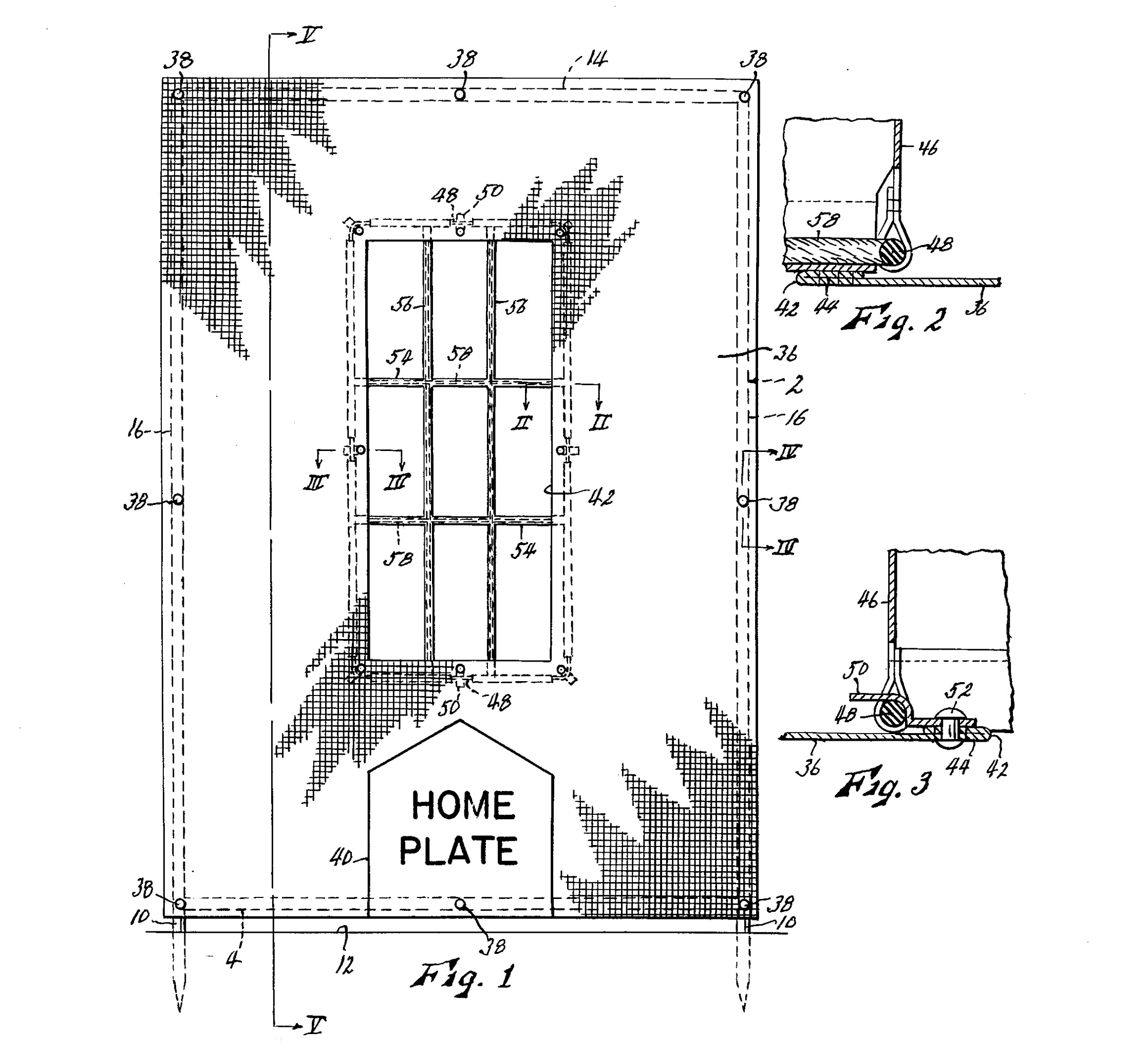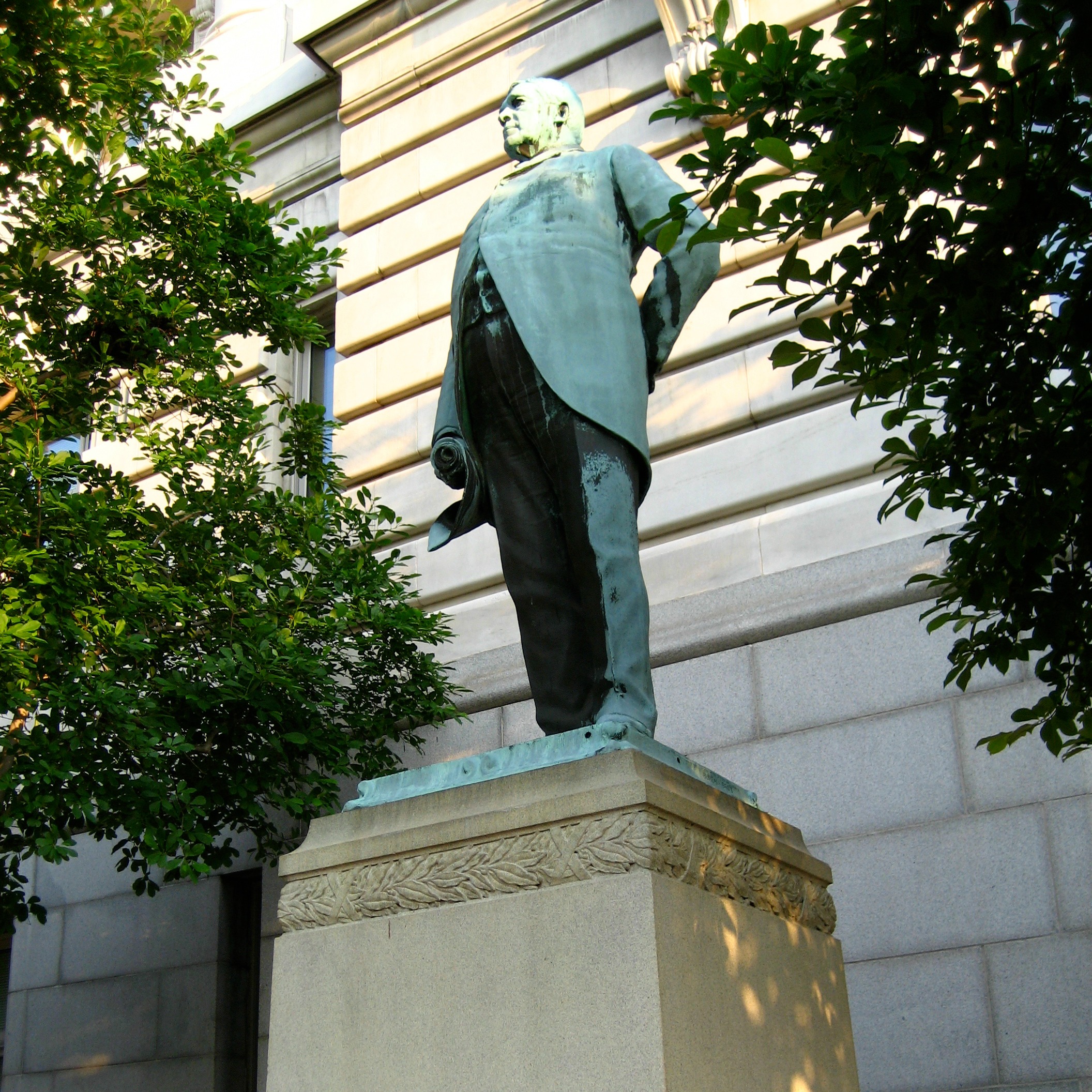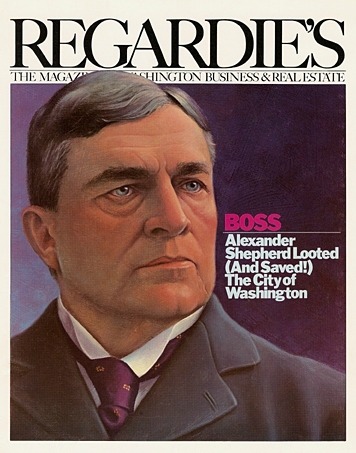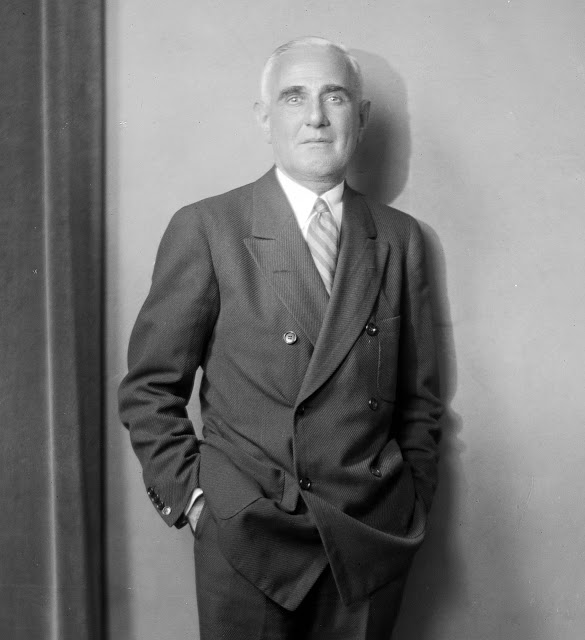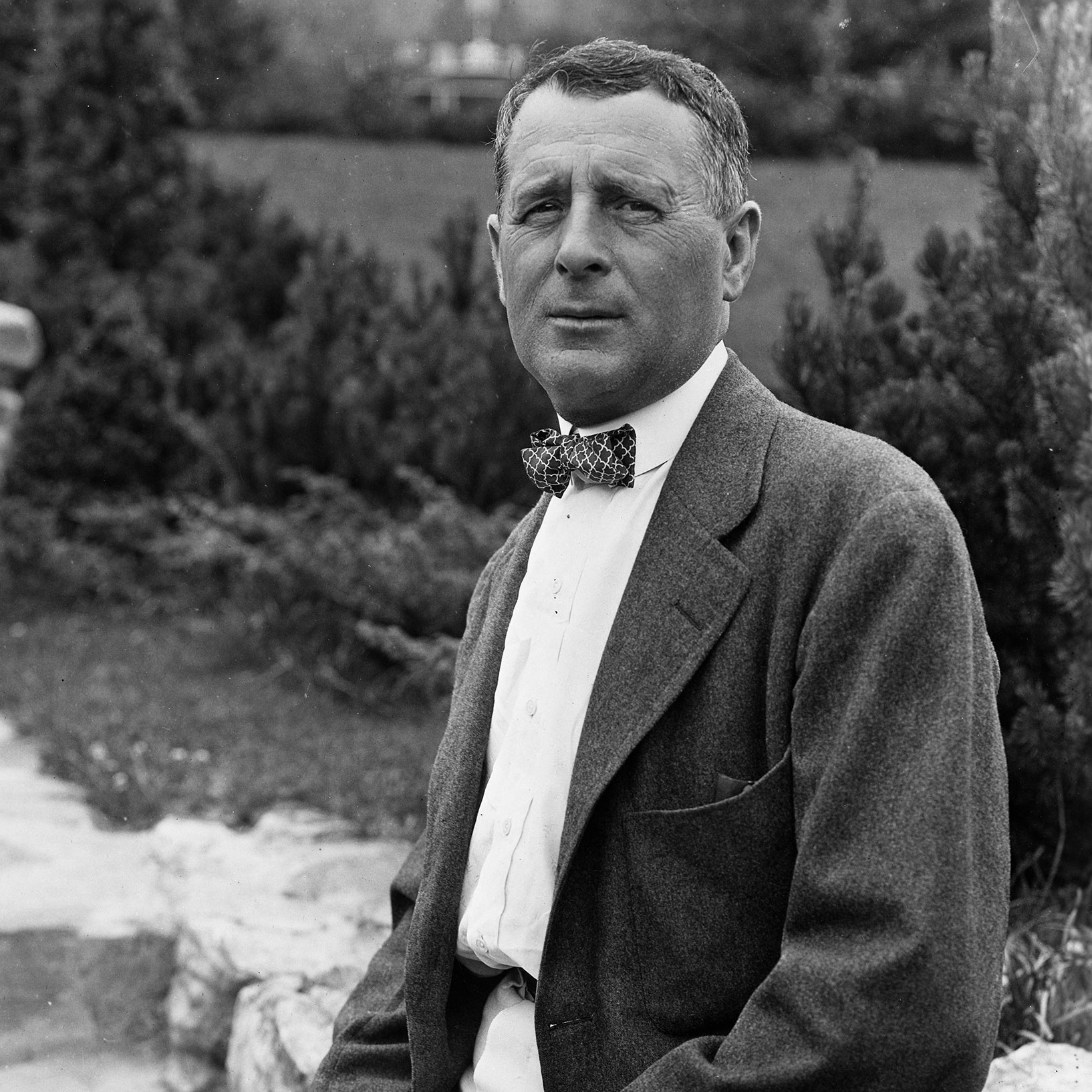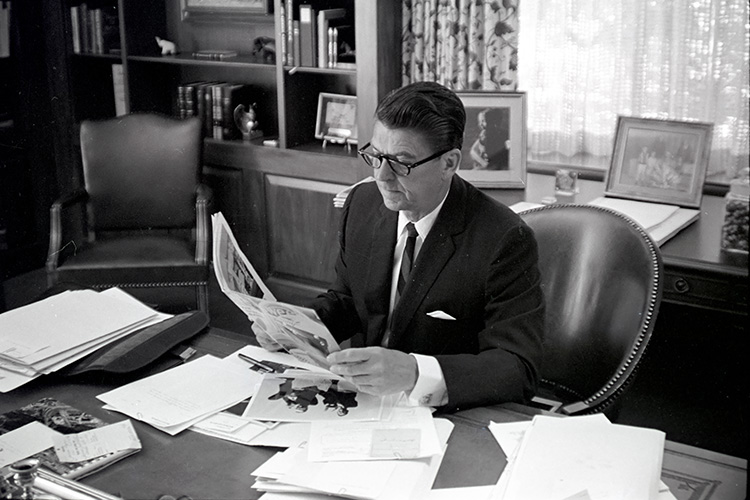Shortly before midday on June 1, 1933, a crisp and pleasant Thursday in Washington, a crowd began to gather around the timeworn steps of a narrow, stone-faced building near the intersection of E Street and Pennsylvania Avenue, N.W. Soon, an auctioneer’s bell began clanging, and hundreds of restless spectators bumped elbows as they jostled for better vantage points.
In Case of Emergency, Drop Pants. Back in 1885, when Kansas City’s George C. Hale patented a rather unusual pair of suspenders, city fire departments were without the kinds of extension ladders used these days. Hale’s suspenders were designed to get around this problem; he claimed more than 100 feet of cord could be stitched into his suspenders for emergency
The patent system,” Abraham Lincoln once said, “added the fuel of interest to the fire of genius.” And Lincoln was in a position to know — in 1849, he had patented a device for buoying ships over shoals, an invention he thought might revolutionize shipping on the nation’s inland waterways. It didn’t. Lincoln’s invention was never manufactured, a fate
IF PAUL SPLITTORFF GETS SMART and teams up with George H. Playter, Jr., the Kansas City Royals just might have themselves a Cy Young Award winner next season. No, George Playter is not a promising catcher in the Royals’ farm system, nor is he the pitching coach who taught Fernando Valenzuela the screwball. In fact, George Playter isn’t in the
Boss Shepherd’s unabashed use of his self-proclaimed “law of necessity” during his reign as the District’s kingpin insured a steady diet of confrontational politics. Of course, the Boss usually won. Stories about Shepherd’s fights with those who stood in his way are legion, but perhaps his most celebrated confrontation was with John W. Garrett, the powerful president of the
When cartoonist Thomas Nast of Harper’s Weekly laid pen to paper in the spring of 1874, it no longer was poised to savagely ridicule William Marcy “Boss” Tweed. Three years earlier, after a long reign as the crooked kingpin of New York’s Tammany Ring, Tweed had been convicted of larceny and forgery and put behind bars. Nast’s cartoons had
In an era of prosperity and peace, of sporty cars and speakeasies, of Calvin Coolidge and Al Capone, he led a fashion-conscious city through the Roaring Twenties. His name was Julius Garfinckel, and in his time he reigned as the merchant prince of the nation’s capital.
In the Gospel of Getting Ahead, the shortest distance between two points (the bottom and the top) isn’t always a straight line. And if you pursue the labyrinthine path to success, it helps to have the ear of somebody who’s been there before — or, better yet, a guiding hand on your shoulder to breathe a little self-confidence into your soul and to warn you of possible wrong turns
AS HE FACED CONGRESSIONAL INVESTIGATORS in an eleventh-hour attempt to salvage his reputation, if not his fortune, Harry Wardman swayed nervously in the witness chair. Even at 62, though slightly florid, the one-time kingpin of the Washington real-estate business had not lost the vitality and vigor that had compelled him so often to work 20-hour days. He had come down

